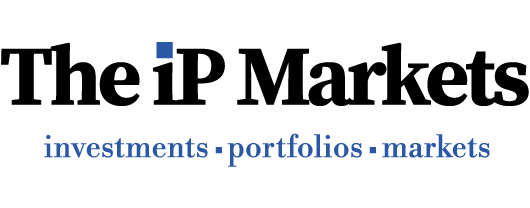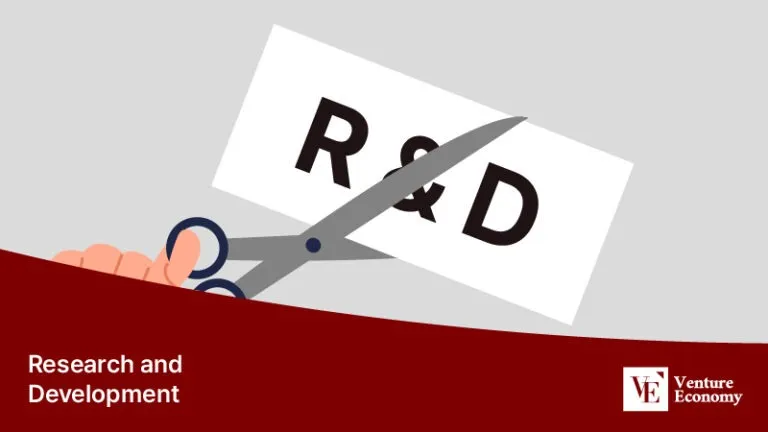Will the public SW project, which is ignored because it ‘does not make money’, return to its proper place through government intervention?
Introducing ‘variable contract’ in public software, enabling flexible business price settlement Public software is creaky even after spending 1 trillion won every year, expectations for future quality improvement are high The chronic barrier to government projects is ‘profitability’; will this plan improve treatment?

The government is converting the fixed contract system, which has been pointed out as a factor in the decline in the quality of public software (SW) projects, to a variable contract system. According to the industry on the 4th, the Digital Platform Government Committee will finalize the ‘Information Business Innovation Plan (Innovation Plan)’, which has been discussed by forming a task force (TF) since last August, as early as next week. Amid ongoing controversies over low-quality public software, the plan is interpreted as a plan to improve quality by flexibilizing the business structure.
Bringing out ‘flexible development, flexible compensation’
It was found that the draft innovation plan included the following: introduction of variable contracts for a flexible contract system, increase in development price, realization of maintenance rates, and expansion of profitable private investment projects (BTO). Among these, the variable contract is a contract that can reflect details such as tasks and schedule changes when settling the project price after project completion. In fact, the industry has consistently insisted on the need to introduce variable contracts, emphasizing the characteristics of SW business that have many changes during the development period.
Some also raise the need to introduce ‘agile development’. Agile development is a method of adding features one by one while conducting repetitive development at a certain cycle, and has the advantage of being able to respond quickly to changing requirements. If agile development and variable development are used simultaneously, proper business compensation can be calculated even when tasks change frequently. This means that the quality of public SW can be improved through flexible business development.
The need to improve the quality of public SW is an issue that has been consistently raised in the past. This is because, despite the large-scale budget of more than 1 trillion won being invested every year, errors continue to occur in public sector information systems. Representative examples include the Postal Service system error that occurred last year and the Ministry of Education’s Education Administration Information System (NEIS) error. Frequent errors in the public sector not only cause public inconvenience, but also risk damaging public trust in the government system itself.
Is development capability the problem or profitability the problem?
Accordingly, discussions are taking place in the industry about the fundamental problems of public SW projects. Meanwhile, some analysts say that in order for variable contracts to be effective in the actual public software market, the company must first secure its capabilities. The analysis is that strengthening development capabilities is essential in order to receive recognition for business rewards through flexible response. On the other hand, since the fundamental cause of the decline in the quality of public SW projects is ‘profitability’, it is also argued that sufficient profits for companies must be guaranteed first. The criticism is that there are virtually no companies that will put all their effort into public SW projects while the cost of the business is severely insufficient.
The problem of profitability of government projects is clearly visible in the software as a service (SaaS) market, which is the central axis of recent digital transformation. This year, the total number of public market SaaS contracts was 135, and the contract amount was only about 37 billion won. Compared to 2022 (153 cases), this is a decrease of nearly 20 cases. Among the 19 SaaS solutions that successfully concluded contracts, it is estimated that about half of the companies earned more than the cost of CSAP (Cloud Security Certification System) certification, that is, made a profit. Not only companies that failed to conclude a contract, but even those that succeeded only paid the expensive CSAP certification fee and did not achieve much results.
The government is aware of this problem and plans to include a plan to increase development costs in this innovation plan. This is a method of reflecting the increase in prices and labor costs each year in the informatization project budget. In order to realize maintenance rates, a plan was also proposed to provide a portion of the integrated maintenance fee as compensation for appropriate SW maintenance. As the government continues its efforts to prevent the ‘stagnation’ of public SW, will the creaking market really be able to regain its proper function?









 네이버계정으로 로그인하기
네이버계정으로 로그인하기
 카카오톡 계정으로 로그인하기
카카오톡 계정으로 로그인하기
